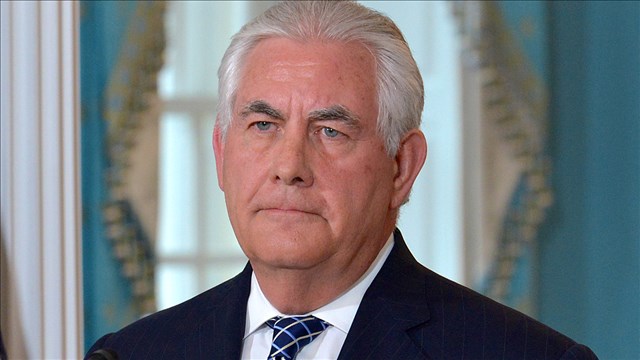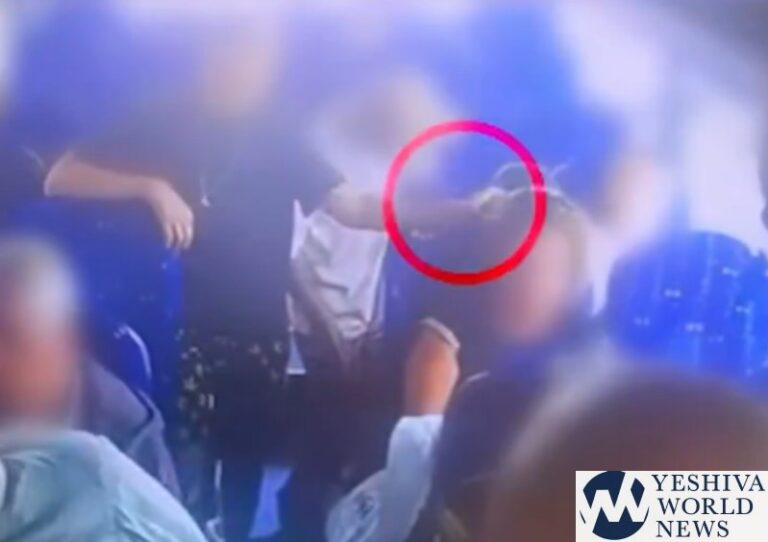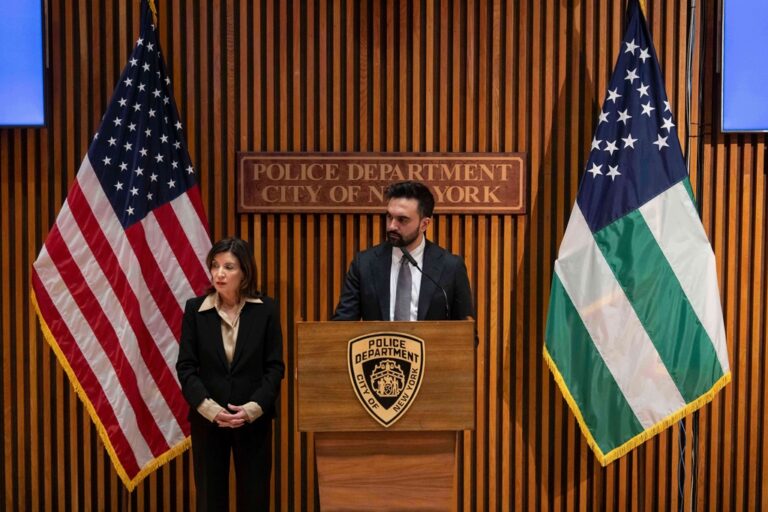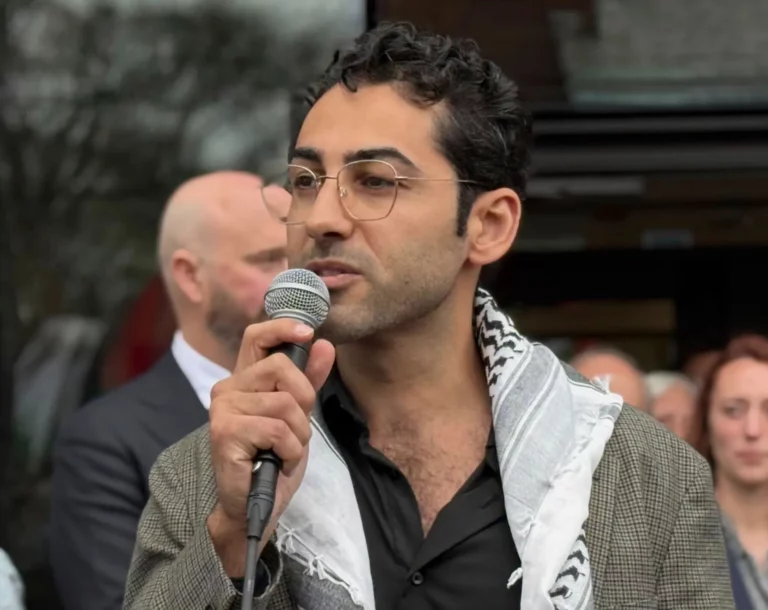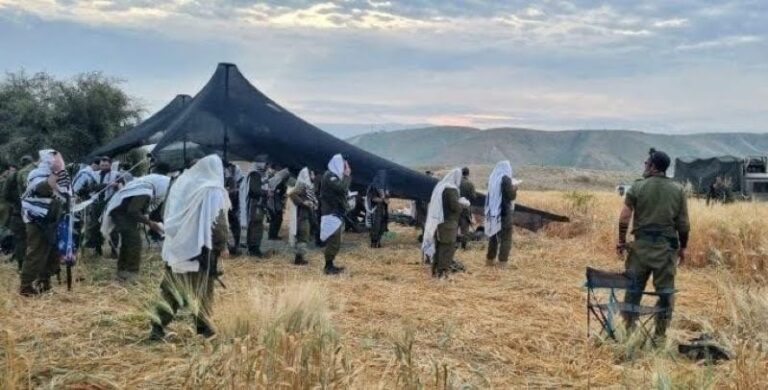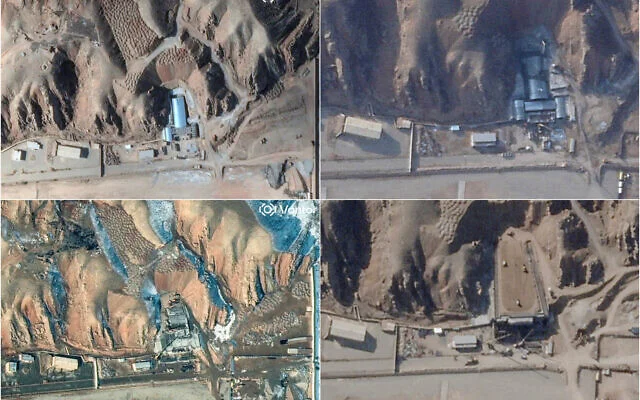Secretary of State Rex Tillerson said Wednesday the United States owes Turkey an explanation for saying it is supporting the creation of a border security force in northern Syria — a proposal that has drawn furious reaction from Ankara.
Tillerson told reporters “that entire situation has been mis-portrayed, mis-described, some people misspoke. We are not creating a border security force at all.”
Turkish President Recep Tayyip Erdogan on Monday vowed to “drown this army of terror before it is born.” He warned U.S. troops against coming between Turkish troops and the Kurdish forces in Syria that Ankara views as an extension of Turkey’s own Kurdish insurgency.
The top U.S. diplomat said he had a brief meeting Tuesday with his Turkish counterpart on the sidelines of a meeting of American allies in Canada on North Korea policy. He clarified America’s intentions, which he said were to provide training to local elements in areas liberated from the Islamic State group.
“We have ISIS still attacking in parts of northwest Syria and along the Euphrates valley, so this is just more training and trying to block ISIS from their escape routes,” Tillerson told reporters on his flight back to Washington after making a speech on U.S. policy on Syria at Stanford University in California.
Tillerson said of Turkey, “We understand why they reacted the way they did.”
He said had spoken to Defense Secretary Jim Mattis on Wednesday to make sure they are on the same page.
U.S. officials have said it plans to expand a training program for local Kurdish and Arab border guards in Syria. The U.S.-led coalition says the force, expected to reach 30,000 in the next several years, would be deployed along Syria’s borders with Turkey and Iraq. Some 230 cadets have already been recruited to the new border force, according to the coalition.
Speaking earlier at Stanford, Tillerson indicated the U.S. would address Turkey’s concern about “PKK terrorists” — a reference to a Kurdish group inside Turkey.
The speech was used by Tillerson to signal a deeper American commitment to Syria. He indicated that U.S. forces, currently numbering more than 2,000, would remain there for the forseeable future.
He said it was crucial for the U.S. to maintain a military presence to prevent an Islamic State resurgence and avoid the “mistakes” of Iraq. He also said the U.S. would step up its diplomatic efforts and push for broader political changes in Syria, roiled by war that has claimed up to a half-million lives since it broke out in 2011.
“Let us be clear, the United States will maintain a military presence in Syria focused on ensuring ISIS cannot re-emerge,” Tillerson said.
Recounting what went wrong in Iraq, Tillerson said, “We cannot allow history to repeat itself in Syria. ISIS presently has one foot in the grave, and by maintaining an American military presence in Syria, until the full and complete defeat of ISIS is achieved, it will soon have two.”
He told reporters that the overall U.S. mission remained defeating the Islamic State group and preventing its re-emergence. He said the U.S. would not be drawn into fighting against the forces of President Bashar Assad, despite Washington’s desire to see him step down, or against Iran, despite the U.S. aim of ridding Syria of Iranian influence.
“We’ve been very clear we’re not there to in any way engage with the regime. We’re not there to engage with Iran. We’re there to defeat ISIS,” Tillerson said.
Backed by Russia and Iran, Assad has reasserted control over much of Syria. And Republicans and Democrats in the U.S. have grown worried that both of Assad’s allies are now entrenched in the country, with Iran in particular posing an immediate threat to neighboring Israel.
Tillerson illustrated how the U.S. would continue trying to isolate Assad’s government even as the U.S. objective is “stabilization.” Washington won’t allow international reconstruction aid to flow to any part of Syria under Assad’s control, he said. It will discourage countries from trading with his government.
More immediate, Tillerson called for Russia to continue working with the U.S. on a “de-escalation” area in southwest Syria and stick to commitments to a U.N.-led peace process. The U.N. mediation has languished for years without any progress and fighting between Assad’s military and rebel groups persists.
(AP)

